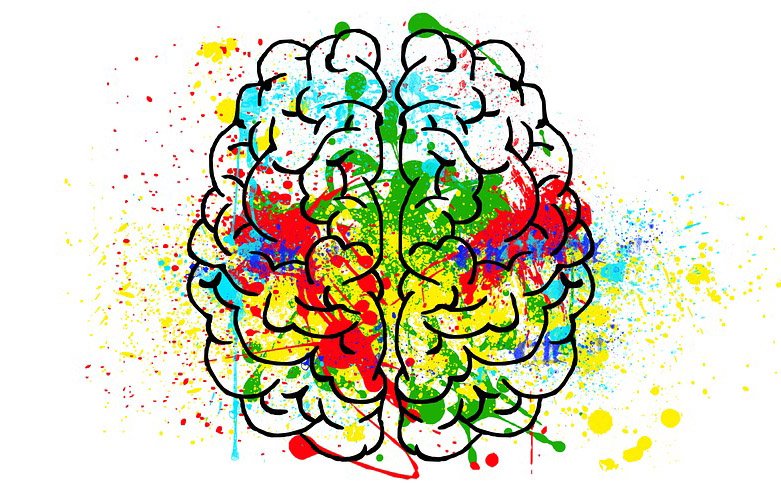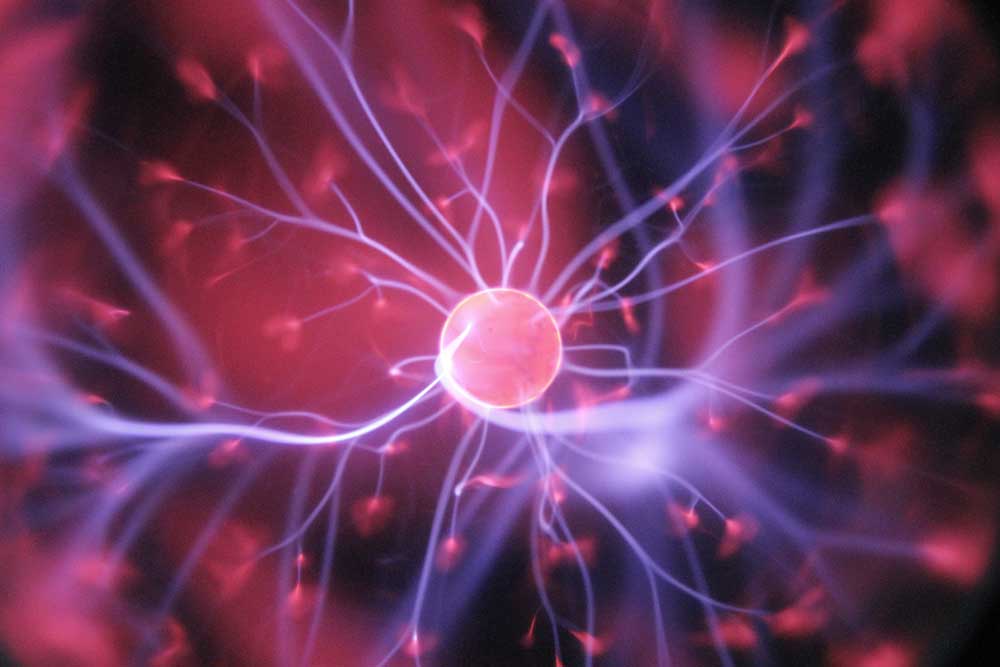Mapping CSF Patterns For Early Autism Diagnosis and Intervention | Dr. Roza Vlasova | $51,690
Mapping CSF Patterns To Improve Early Autism Diagnosis and Intervention 2025 Award: $51,690 Cerebrospinal fluid (CSF) is a clear fluid that circulates through the nervous system, playing a key role in brain development, nutrient delivery, and immune surveillance. Infants who are later diagnosed with autism often show an increase in CSF volume, but the causes of this increase remain unknown. In this project, we will investigate how CSF moves in the brains of these infants using advanced MRI techniques. Tracking early changes in CSF dynamics may reveal important biomarkers and enhance our understanding of how disrupted CSF motion contributes to autism. These findings will be a critical first step toward developing earlier diagnostic tools and targeted interventions. Need/Problem: Cerebrospinal fluid (CSF) is a clear fluid that circulates through the nervous system, supporting brain development, nutrient delivery, and immune protection. [...]








